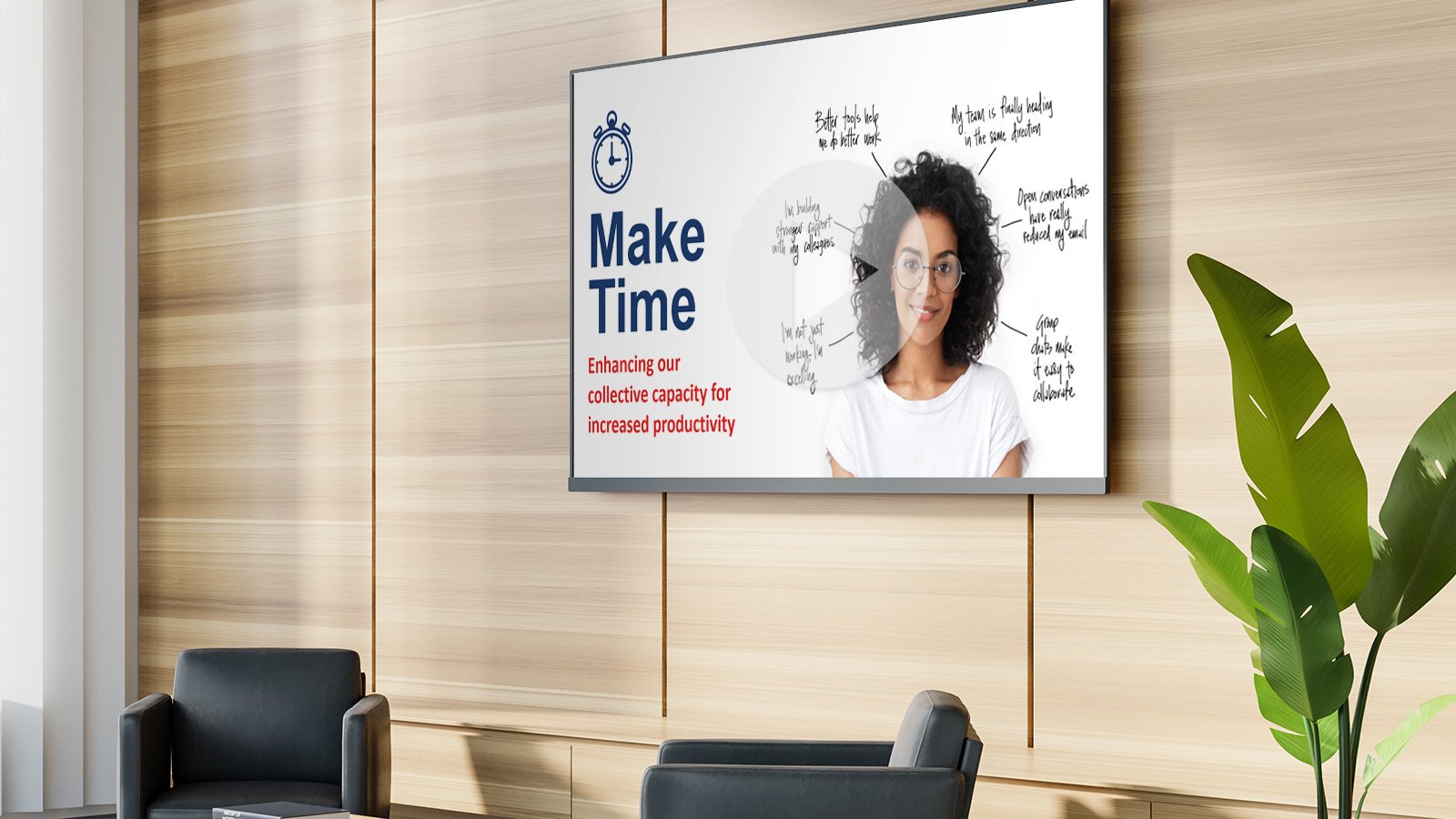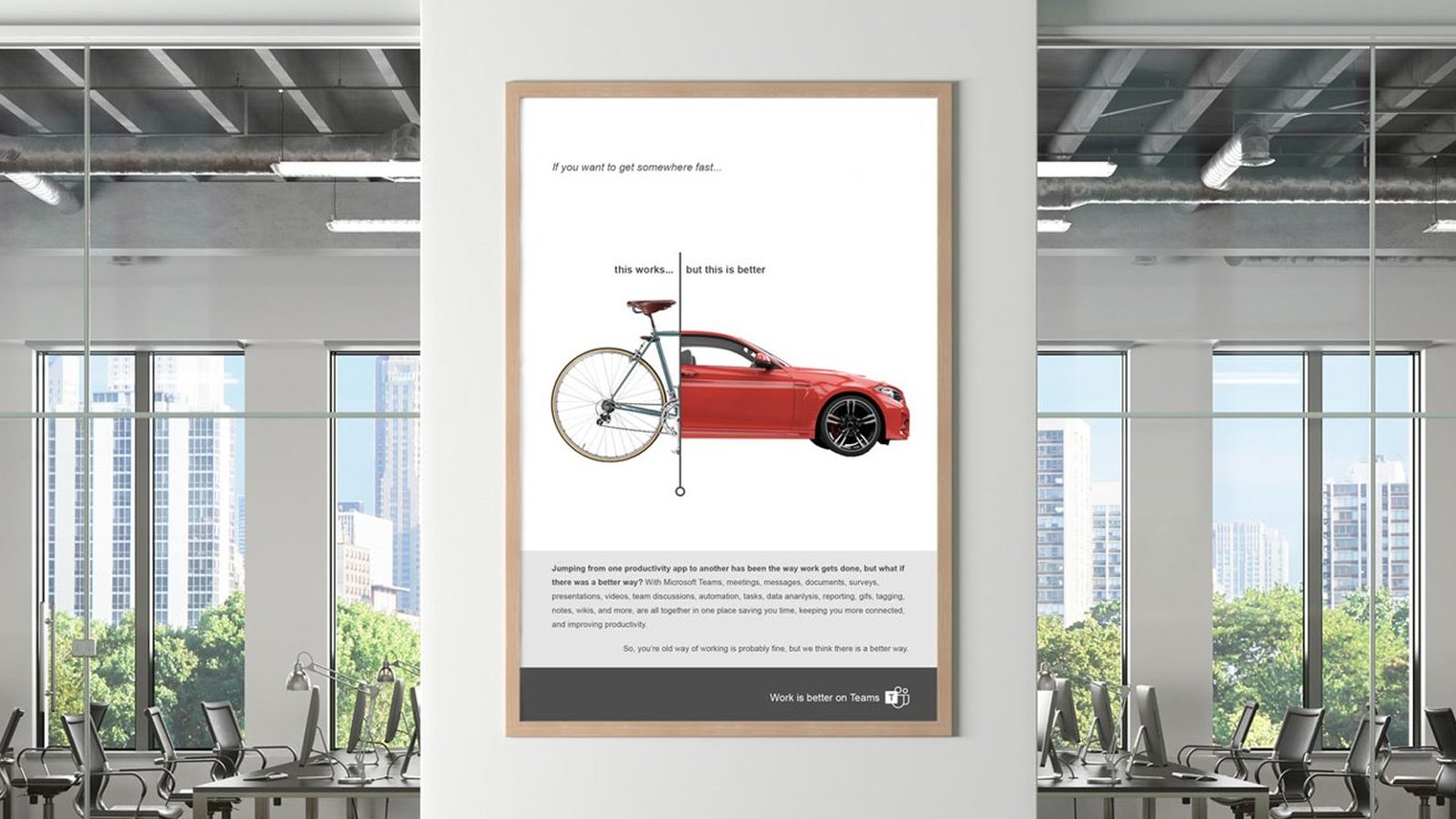More time
with customers,
please.
There was a problem with meetings. Double and triple-booked calendars had been welded into the company’s culture, negatively impacting productivity. The sales team replaced some meetings with asynchronous discussions and reallocated thousands of hours to working with customers.
Annie
Senior Regional Sales Director
Responsible for a team of over 800 people
Leads managers who manage
Looking to innovate without distractions
Would love less meetings
The sales team of this large, multinational company needed more time with existing and potential customers, but their days were dominated by what they called “meeting dominos,” which were meetings held to discuss prior and future meetings.
Leadership wanted to change, but a respectful commitment to cultural embedded communication strategies and practices meant salespeople were spending hours on top of hours in meetings where only a small percentage of the meeting content was applicable to them. This translated to thousands of hours being wasted.

Reallocated eight hours/month per salesperson resulting in 6,400+ more hours/month with customers
Dramatically increased social engagement between sales teams
Nearly every member of the sales team was impacted by the changes.
Results
Traditionally, technical and functional discussions were moved out of IT and transitioned into the business where the focus shifted to bottom line impact. It was quickly discovered that people didn’t care about features and functionality; they wanted time. The real concern was not the software, but the solution implemented being enabled by the software.
Employees shared screenshots of their calendars and a theme was identified: being double and triple-booked wasn’t just a common practice, it was expected. Meeting intensity had become a cultural norm, an acceptable business practice that was sucking away productivity and enthusiasm.
The solution was not to tell people to stop meeting, but to find business practices that impacted an employee’s ability to manage their time. The sales team wanted more time with customers. A handful of longer meetings and recurring meetings were identified, and a strategy was designed to replace them with either short meetings or virtual check-ins. Targeted, asynchronous discussions using tagging practices, were fast and effective. Virtual pop-up meetings were used to refine answers and offer specific direction.
Ultimately, the regional sales organization reallocated eight hours a month, per salesperson, which translated to over 6,400 collective hours more, per month, spent with customers. Managers spent less time in meetings and more time with employees. Employees also became more engaged in team and group discussions.

"Carpool helped us move the conversation out of IT and into the business... and managers they had a lot to say. The strategic value of the conversation, led by Carpool, has allowed us to grow our impact into critical functions of the company. We have been able to showcase how the digital workspace can have immediate impact on the work our people are doing.“
~ Annie ~
“ ”
The information outlined in this case study is based on an actual Carpool engagement.














